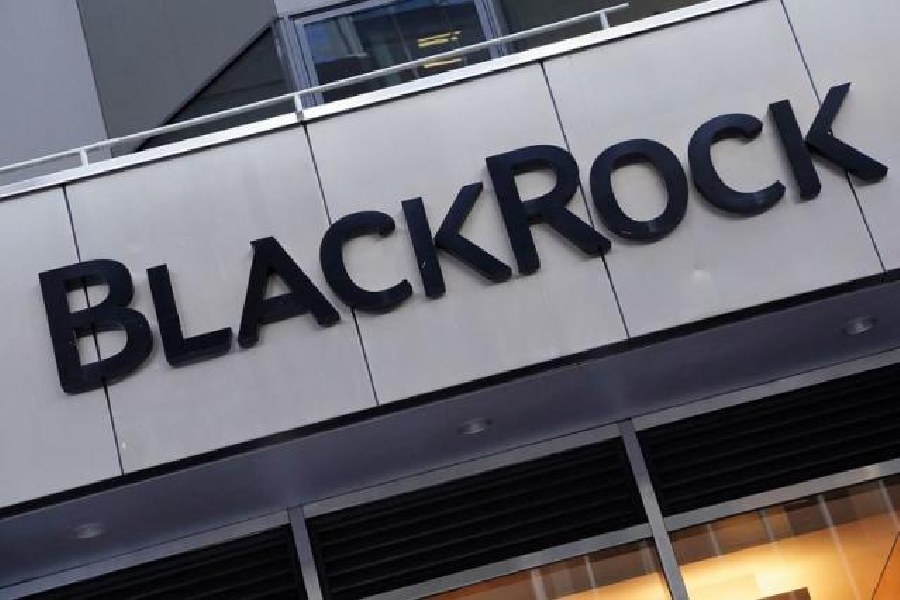BlackRock Inc, the world’s largest fund manager, is reportedly planning to up its bet in India’s $500 billion pool of government bonds through its recently launched exchange traded funds (ETFs).
These bonds are available under the Fully Accessible Route (FAR). In March 2020, the Reserve Bank of India (RBI) introduced this new category of government securities where there is no restrictions on foreign ownership.
Bonds falling under the FAR category have seen a sharp pickup in inflows after JP Morgan said in September 2023 that Indian bonds would be included in its emerging market index beginning June.
Hui Sien Koay, lead index, fixed income strategist for APAC at BlackRock, told Reuters that globally ETFs hold about 2 per cent of outstanding bonds and that BlackRock is a leader in the ETF space with a nearly 40 per cent market share.
“If we consider that as a barometer, and the total (India) FAR bond market size, it stands at around $500 billion, which is our opportunity set, and if we consider 2 per cent of that, it would be a realistic commercial goal for us (as an industry),” she said.
BlackRock launched its India bond ETF in February and currently has $26 million of assets under management in this fund. The ETF has the cheapest fee among peers, with a weighted average yield of 7.14 per cent, according to latest disclosures.
BlackRock has expertise in “tricky markets” like India and helps investors work through issues such as trade execution and taxation, said Koay.
“I think we do have an edge due to this.” India’s entry into global bond indices was discussed for nearly a decade but issues such restrictions on foreign investors and local taxation delayed it.
Over the next eight months, Indian bonds will be included in JPMorgan and Bloomberg’s emerging market debt indices, but the FTSE Russell is yet to include domestic bonds.
According to NSDL data, foreign portfolio investors have poured almost ₹42,864 crore into domestic bonds so far this calendar year.
While they were big buyers in the first three months of 2023, these investors have offloaded debt in April and so far in May.
Market circles, however, feel that this could be temporary and the situation could reverse once the election results are declared.










